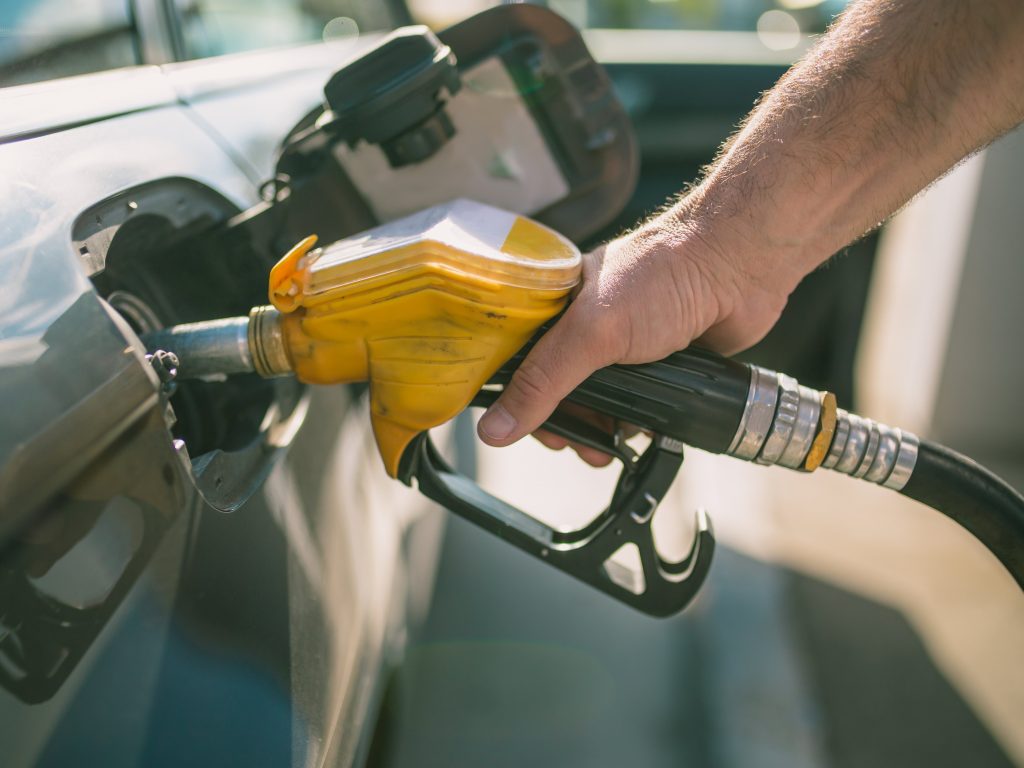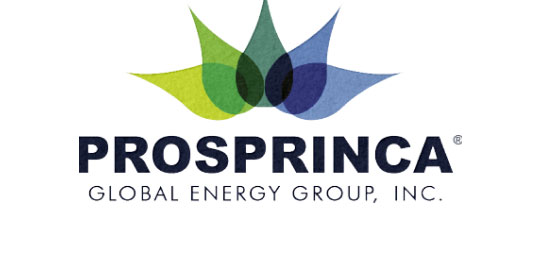AUTOMOBILE FUEL
Products
AUTOMOBILE FUEL
Gasoline (or maybe gasoline) is the most prevalent form of petroleum, composed of a discrete variety of volatile, flammable hydrocarbon molecules. It is a fuel that is burned to power an automobile’s engine. As of right now, gasoline and diesel run most automobiles across the world.
Motor fuel is extracted from crude oil, a potent mix of different hydrocarbons found naturally in underground reservoirs in specific regions of the world, and refined into finished products. Gasoline’s chemical nature can vary based on the quality of the crude oil feedstock and how refineries are set up and run.
Gasohol, a blend of alcohol and gasoline, is used by some spark-ignition engine (SI engine) engines. The fuel system for other SI engines is unique because they run on LPG. Diesel fuel is light petroleum used by compression ignition (CI) engines.

Types of Fuel Used in Today's Vehicles
Gasoline
Diesel
Liquefied Petroleum
RNG Compressed
Renewable natural gas (RNG) is a biogas. It is used to fuel automobiles in the form of compressed natural gas, or CNG, can be used in gas and diesel engines with a simple conversion. CNG is a colorless, odorless, and noncorrosive fuel source used for internal combustion vehicles. CNG-powered vehicles expectedly release 80% fewer ozone-depleting pollutants than gasoline-powered vehicles.
Ethanol
Bio-Diesel
Why Partner with PROSPRINCA ENERGY for Automobile Fuel?
“PROSPRINCA ENERGY” and it’s JOINT VENTURE GLOBAL PARTNERS guarantees to provide the best service possible to its consumers and partners in the oil and gas industry – thanks to its dedicated and multiethnic staff. We are a part of a growing team that provides you with a range of expertise coupled with high-quality fuel solutions. We strive to maintain competitive pricing at all times. That’s why our clientele keeps returning to us as their go-to vendor after a decade. You can be sure that when you order diesel from us, you get your hands on fuel of the highest quality and performance. Plus, it will be delivered timely, anywhere and everywhere you may be.


